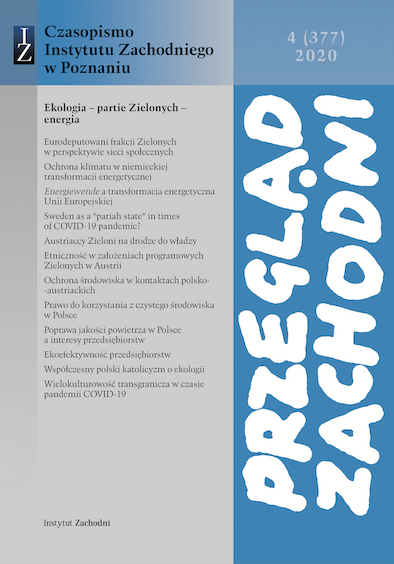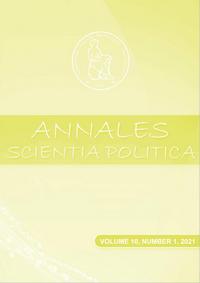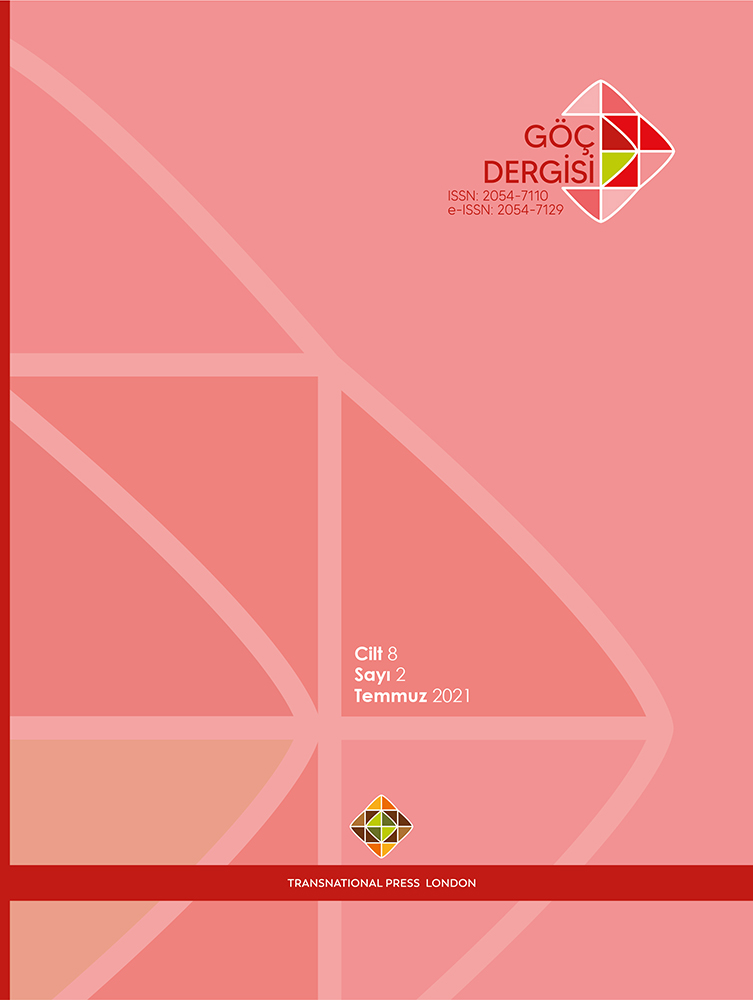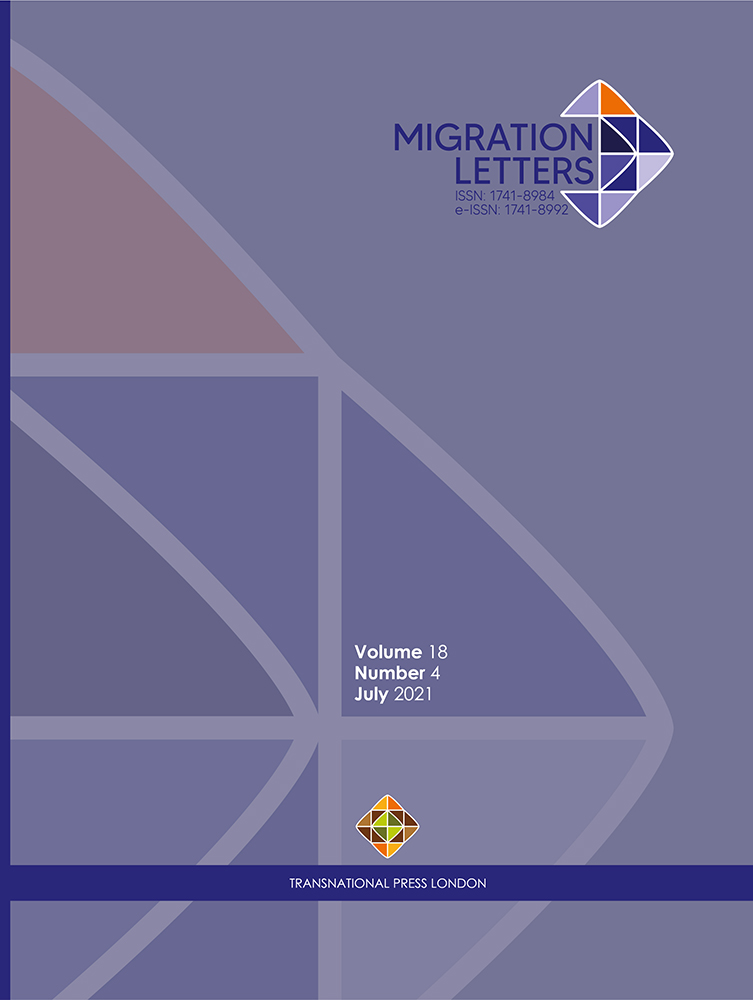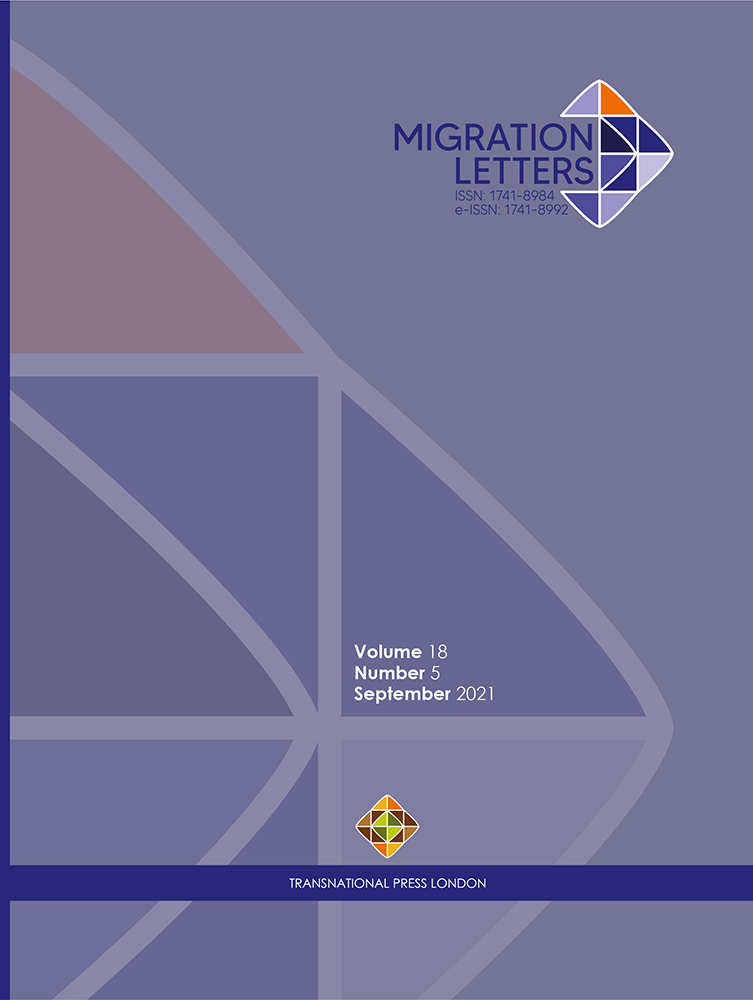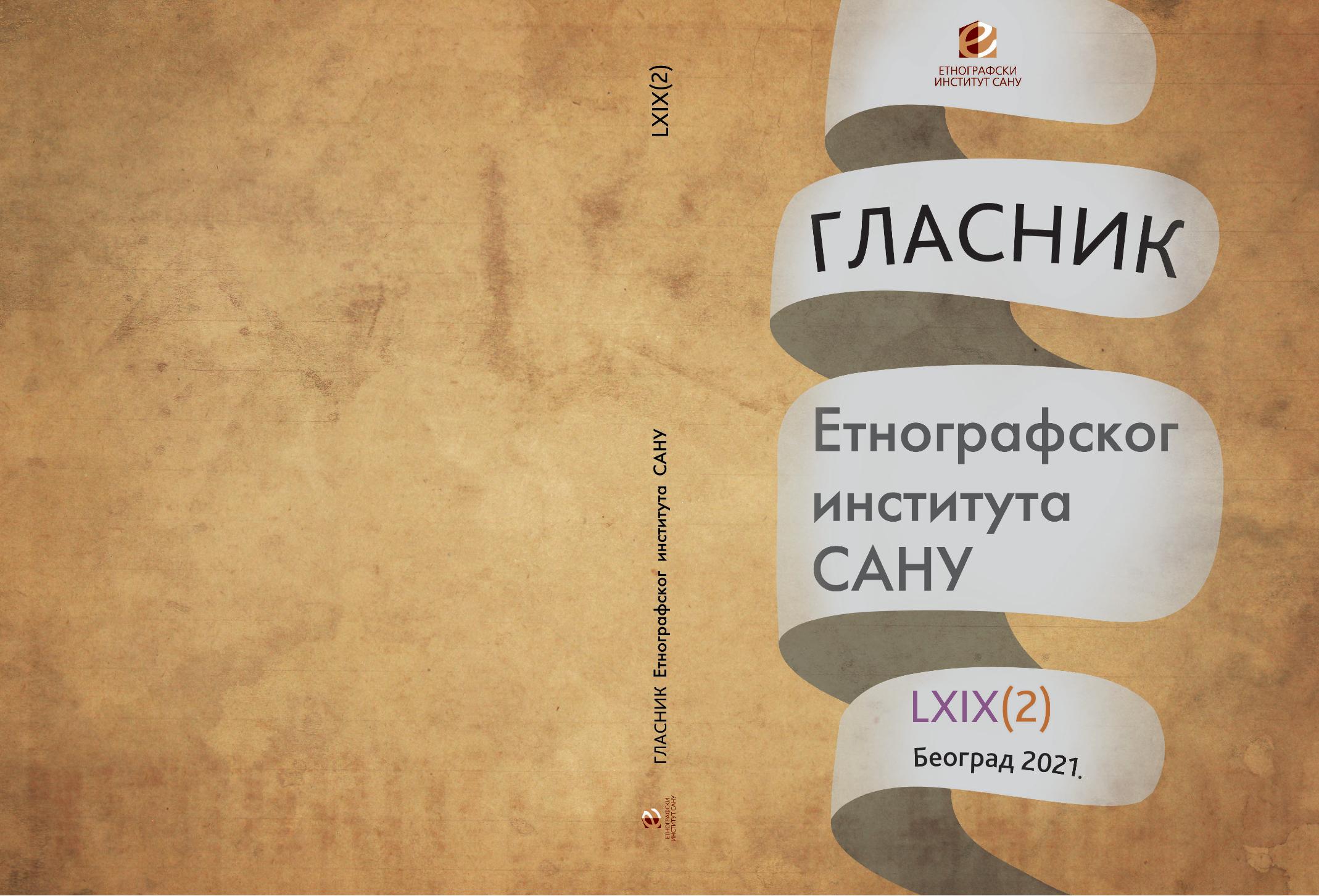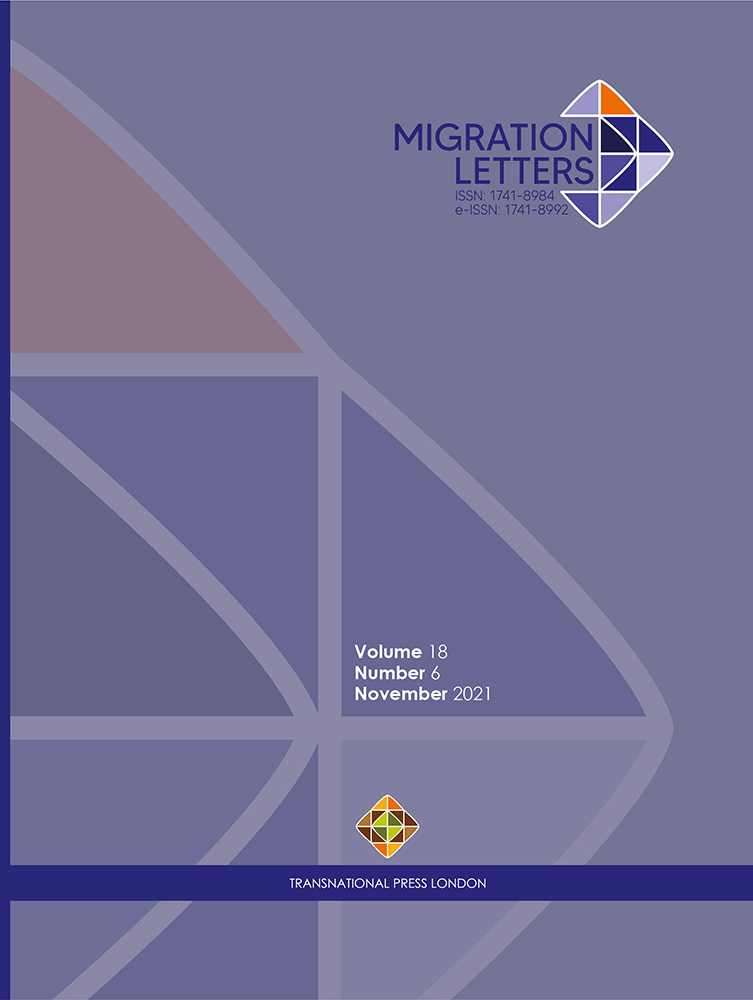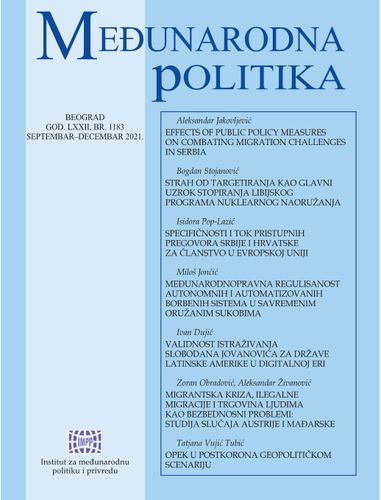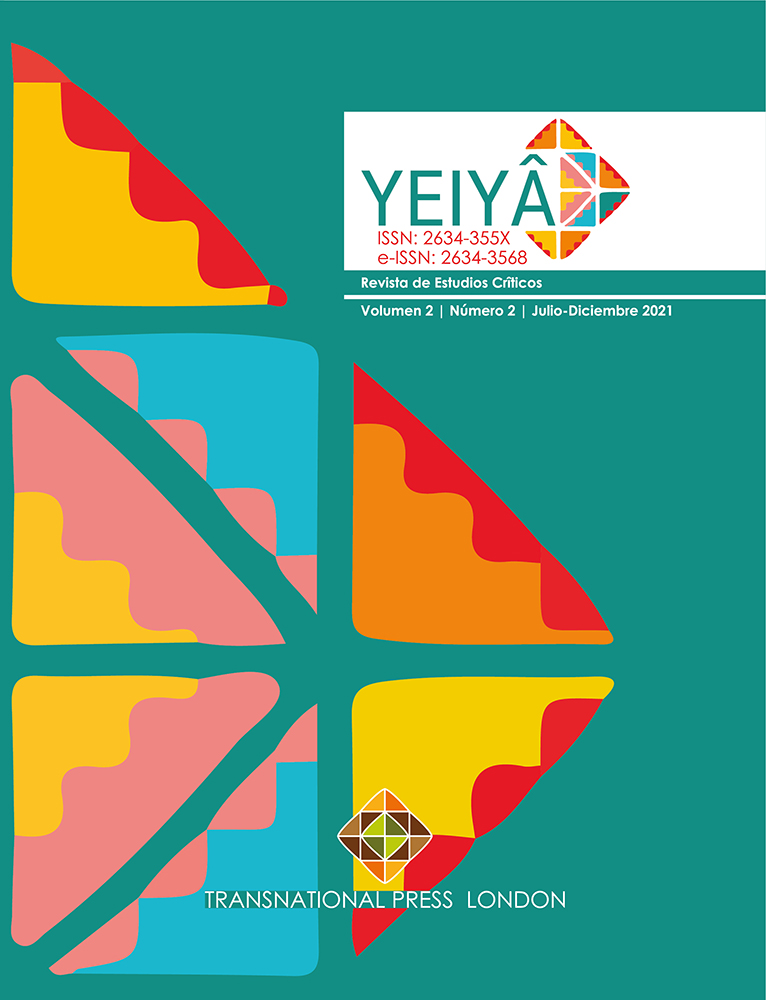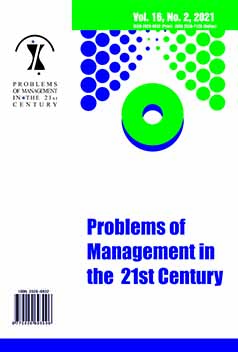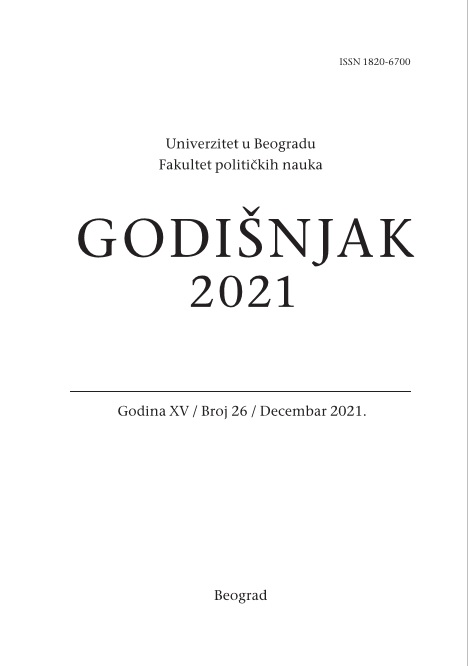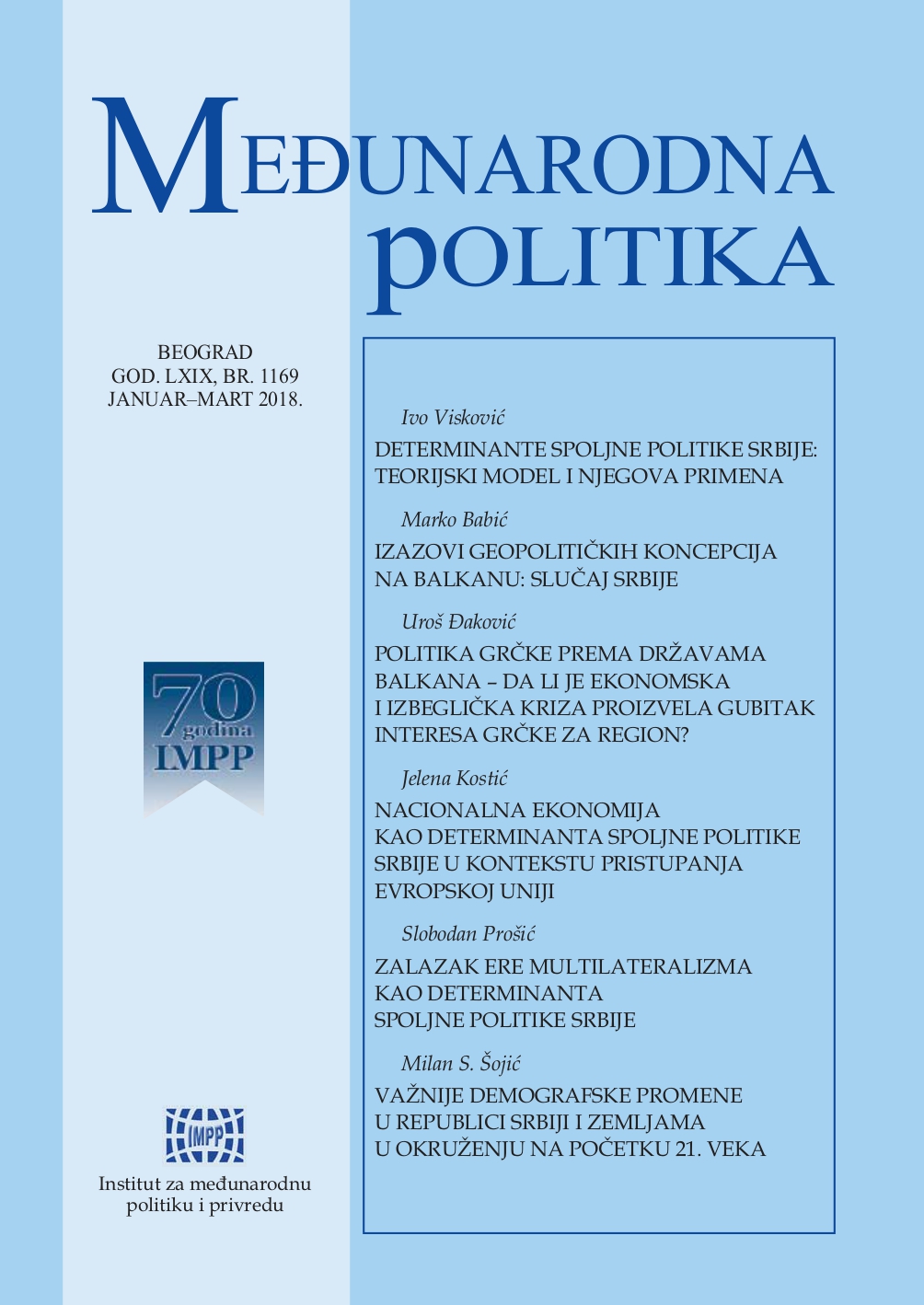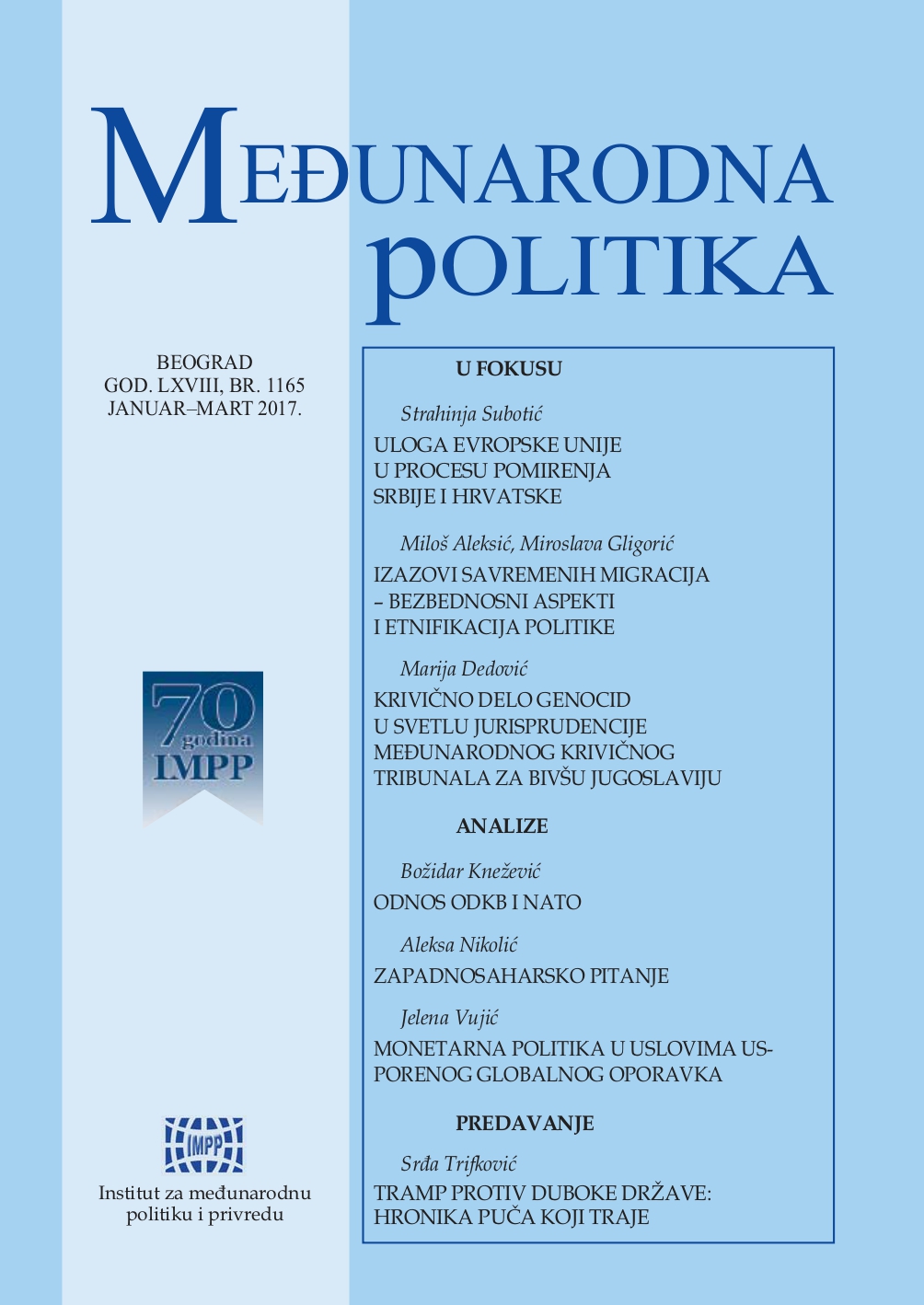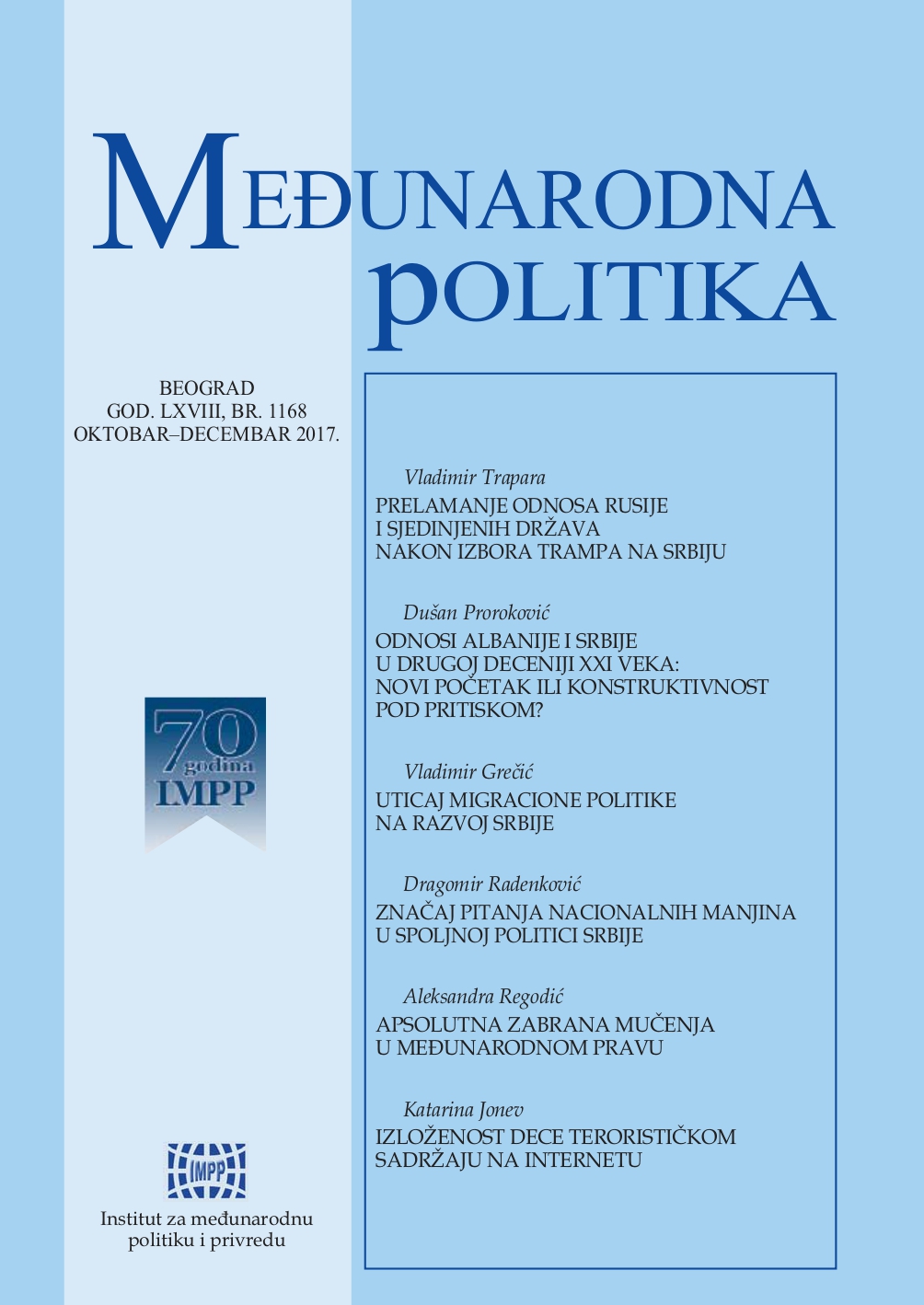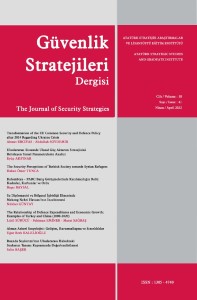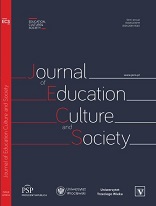
Modern Migration Crisis in Europe and the Role of Diasporas in Combating the Mutual Hostility between Newcomers and Host Society
Aim. The goal of the paper is to analyse the constantly growing scale of migration and its impact on the European political and social sphere; to show the concern of European politicians and society about the newcomers, which leads to social hostility and unpredictable situations. There is a concern that migrants, being representatives of different cultural environments and religions, will bring social disharmony, raise the crime rate and terrorism in Europe and cause a certain threats to European society. Methods. The basis of the paper are the following research methods – statistical, descriptive and analytical, which represent certain sources: the study courses and books, scientific papers, empirical materials, published on official websites and documents in the field of migration and its policy. Results and conclusion. Modern migration is complicated by the strong emotional reaction and hostile attitude of European society, which has a direct negative impact on the European political situation and society itself. The situation has become even more complex by the fact that the migrants are mostly from Islamic countries with strong religious ideology and cultural roots that create serious obstacles for their integration. Here it is worthy of highlighting the role of Diasporas and their impact on the integrational processes. Cognitive value. It appears that the 21st century has become the era of migration. Thus, the representatives of all social sciences are paying attention to the study of this unusually complex phenomenon. Yet, despite the significant interest of researchers, for politicians, and the civic sector the phenomena of migration still is not studied properly.
More...
